The Country House Library: Why these rooms and their collections need to be taken much more seriously
A new account of the country-house library will compel us all to reassess these rooms and their collections, says John Goodall.
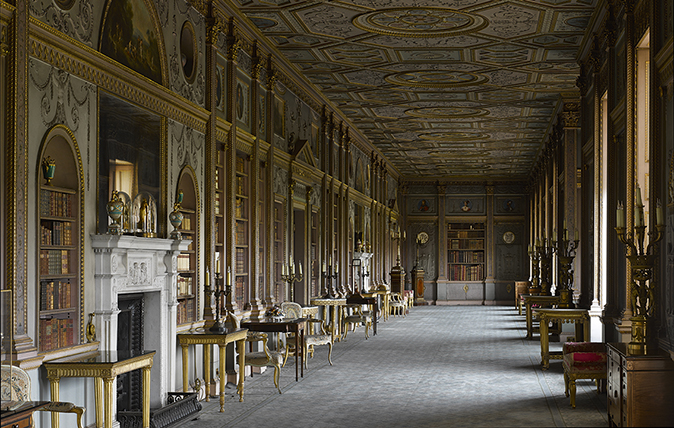

The modern visitor to a country house expects to find at least one room furnished with books: the library. However, speaking for myself, whenever I find it, I never expect to take a book off the shelf. That’s partly because I imagine that the book collection – unless loved and updated by the present owner – will necessarily be either hopelessly outdated or precious (and probably both). Instead, I usually look at the architecture of the space, consider a few of the spines on the shelves (often through a chicken-wire mesh) and move on.
This excellent book is a reminder that these rooms and their collections need to be taken much more seriously. It is also that rare and wonderful thing: an ambitious volume that’s at once authoritative, engaging and revelatory.
There is good reason for these qualities: Mr Purcell, who is now deputy director of Cambridge University Library, worked between 1999 and 2015 as the libraries curator for the National Trust. In that role, he had responsibility for the largest and finest collection of libraries in the country. In some ways, this book feels like his attempt to put that collection in perspective. Its publication has been supported by the Trust.
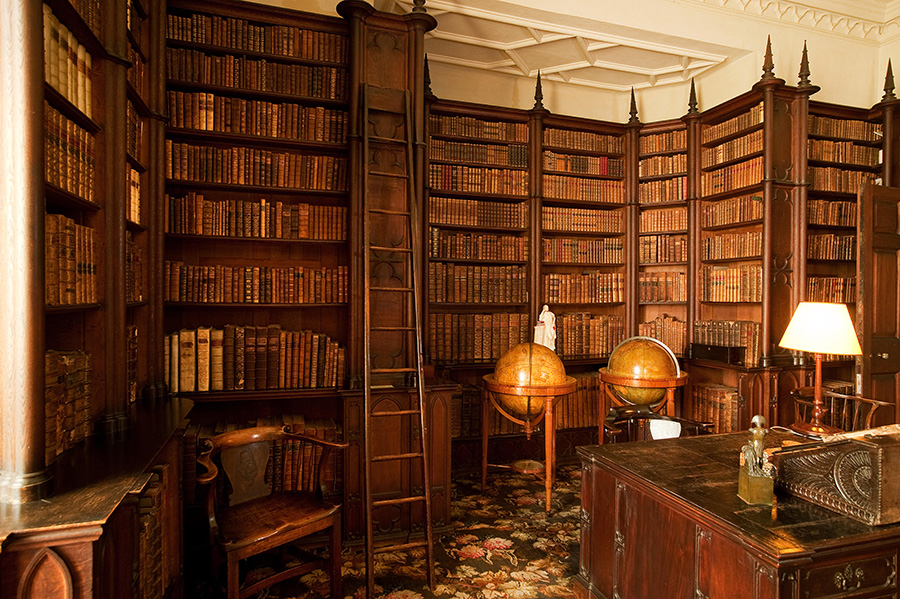
At the outset, Mr Purcell acknowledges the complexity of his chosen subject – nicely distinguishing, for example, between the library (as a collection of books) and the library (a room) – as well as the connection between archives and the books and between the evolution of the institutional library and the private one.
He also sets out his central conclusions: that the overall number of libraries has been underestimated, that the story of the country-house library reaches back well before its commonly accepted starting point in the late 17th century, that the importance of books and the degree to which they were read by their owners has been underestimated and that libraries were very varied both in architectural form and as collections.
The book is handsomely produced in a large format with more than 230 illustrations. It comprises 14 chapters, which present a chronological account of the country-house library from the Roman period to the present day. Interspersed within this chronology are discussions of relevant themes, such as short chapters on the librarian and reading and borrowing.
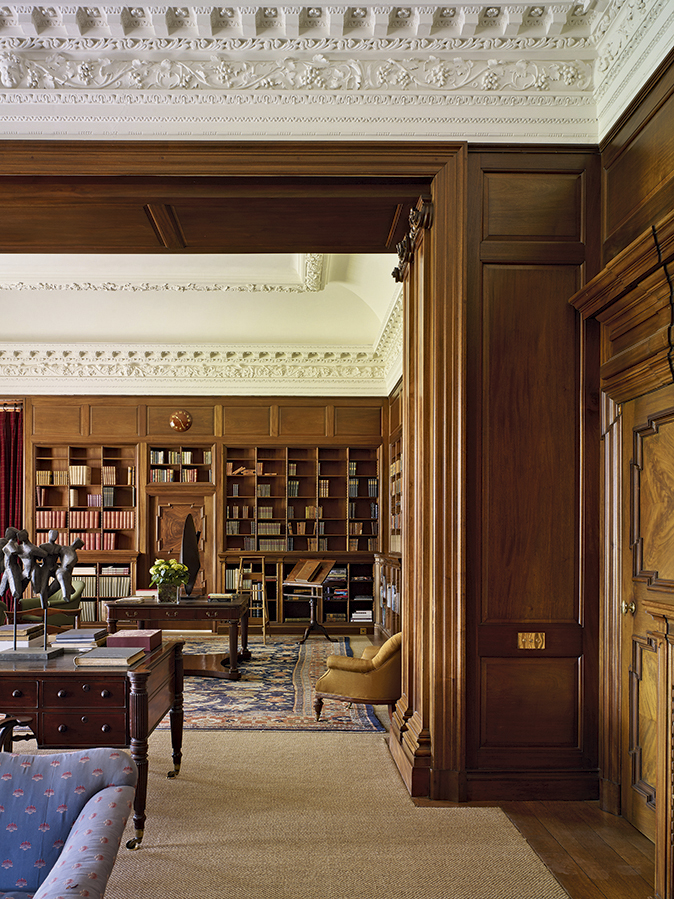
One of the author’s achievements is to balance an interest in books (as creations and objects), with an awareness of architecture, social purpose and fashion. Importantly, he surveys Ireland, Scotland and Wales as well as England and in a way that allows for meaningful comparisons and contrasts to be drawn between their different experiences.
Exquisite houses, the beauty of Nature, and how to get the most from your life, straight to your inbox.
A great deal of the narrative is carried forward by the consecutive discussion of individual libraries. Because every great collection has its own story to tell, this creates a remarkably engaging read. It is one, moreover, that Mr Purcell punctuates with fascinating details and insights.
It had never occurred to me, for example, that the religious controversialist (or heretic) Pelagius (died ad420) might be the first British author whose writings survive. Nor did I know that the first English bookplate was made in 1574, that the first securely provenanced English binding with lettering on the spine was produced in 1604 or that the first public auctions of books in Britain followed Dutch example and took place respectively in London in 1676, Edinburgh in 1690 and Dublin in 1695.
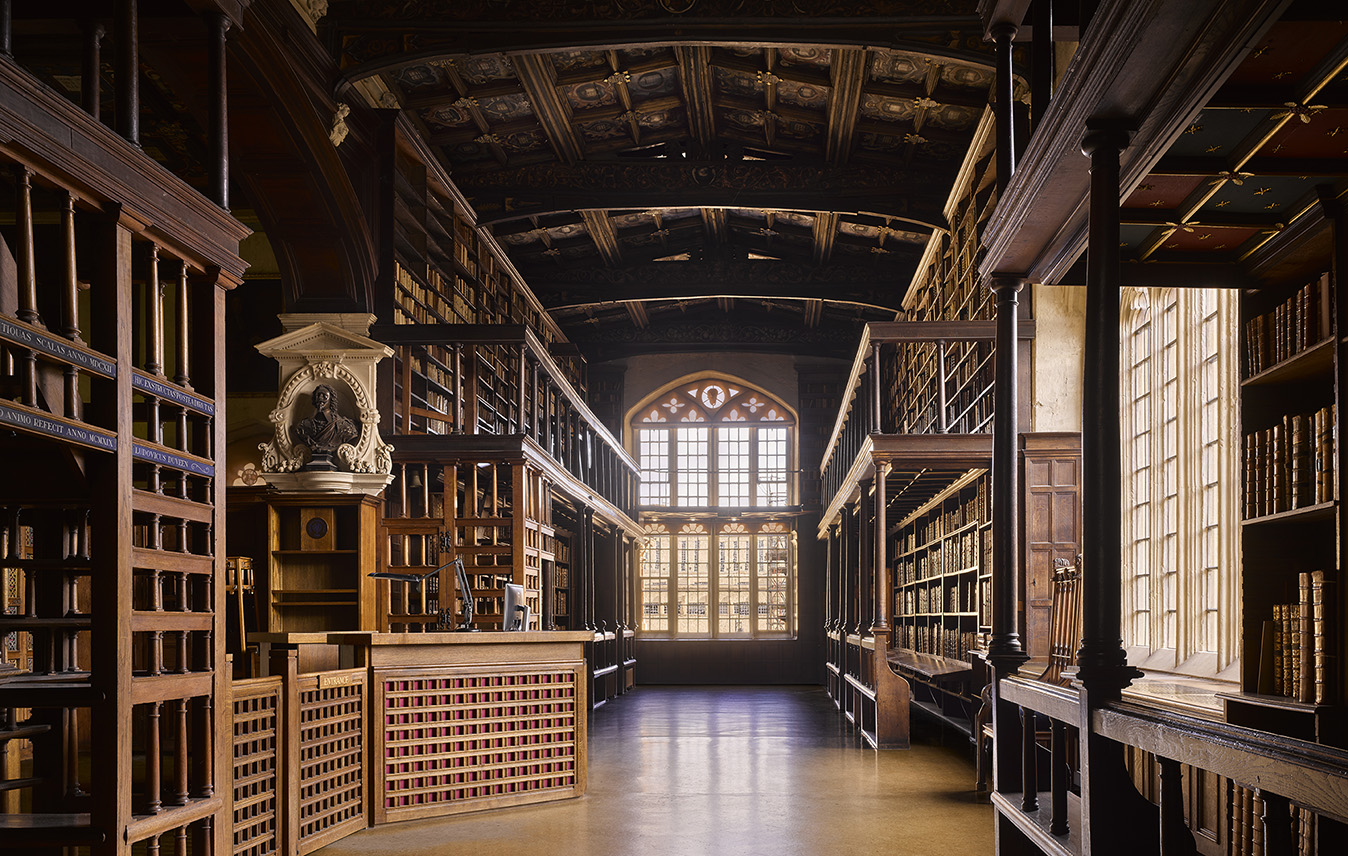
As a whole, this book is a tremendous achievement. My only substantive criticism is that I wish it could have had discursive captions. With their help, I would have learnt even more from its pages.
The Country House Library by Mark Purcell is published by Yale University Press (£45)
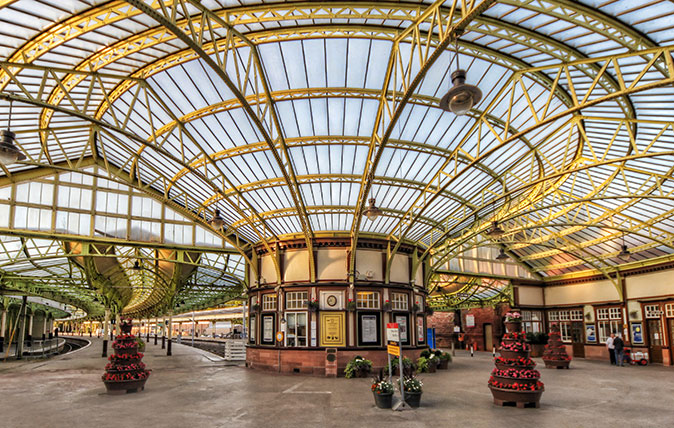
Britain's 100 best Railway Stations: Simon Jenkins on the gateways to our railways
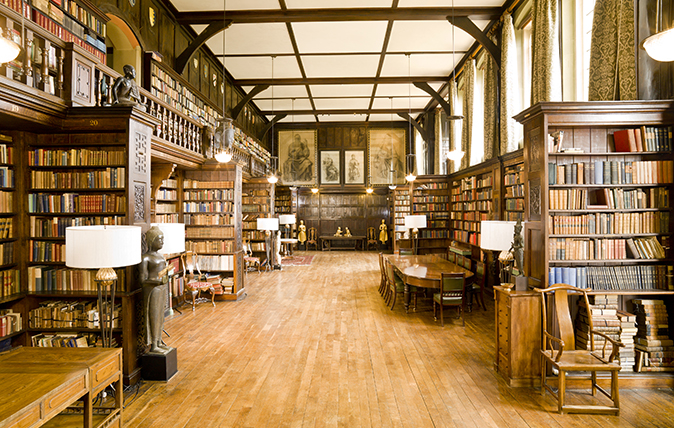
Houses with libraries so lovely you’ll feel positively bookish
Read ’em and weep.
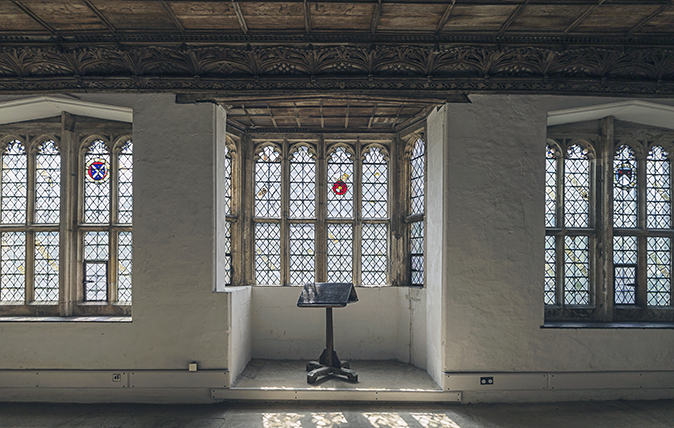
Lyddington Palace: A perfectly-preserved grand interior of late-medieval England
A residence of the Bishop of Lincoln converted into an almshouse offers a unique insight into the realities of grand

John spent his childhood in Kenya, Germany, India and Yorkshire before joining Country Life in 2007, via the University of Durham. Known for his irrepressible love of castles and the Frozen soundtrack, and a laugh that lights up the lives of those around him, John also moonlights as a walking encyclopedia and is the author of several books.